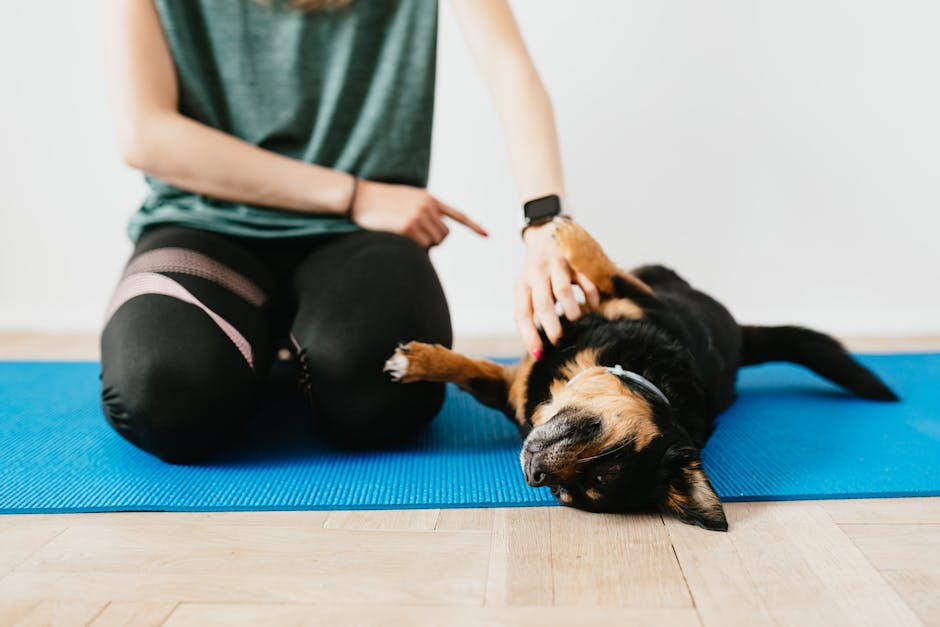Dog training is a crucial aspect of pet ownership that can greatly enhance the bond between you and your furry friend. With patience, consistency, and positive reinforcement, you can train your dog to behave in a manner that is both enjoyable for you and beneficial for them. Here are 10 essential dog training tips to get you started:
**1. Establish Clear Rules and Boundaries:**
Set clear rules for your dog regarding where they are allowed to go, what they can and cannot do, and how they should behave around people and other animals. Consistency is key, so make sure everyone in the household follows the same rules.
**2. Use Positive Reinforcement:**
Reward your dog with treats, praise, or play whenever they exhibit desired behaviors. This positive reinforcement will encourage them to repeat those behaviors in the future. Avoid punishing your dog for mistakes, as this can damage your relationship and make them fearful.
**3. Start Training Early:**
Begin training your dog as early as possible, ideally when they are between 8 and 16 weeks old. Puppies are more receptive to training at this age, and establishing good habits from the beginning will set the foundation for their future behavior.
**4. Keep Training Sessions Short and Fun:**
Training sessions should be short and enjoyable for both you and your dog. Aim for sessions of around 5-15 minutes, several times a day. Make the training process fun and engaging to keep your dog motivated and interested.
**5. Use a Variety of Training Methods:**
Different dogs respond to different training methods, so don't be afraid to experiment. Some dogs may prefer clicker training, while others may do well with lure training or target training. Find the methods that work best for your dog and stick with them.
**6. Practice Patience and Consistency:**
Dog training takes time and consistency. Don't get discouraged if your dog doesn't learn a new command right away. Just keep practicing and rewarding them for their efforts. Consistency is crucial to ensure that your dog understands what is expected of them.
**7. Socialize Your Dog:**
Socialization is an important part of dog training. Expose your dog to different people, places, and situations to help them become well-rounded and comfortable in various environments. This will prevent fear and aggression later on.
**8. Address Problem Behaviors:**
If your dog is exhibiting problem behaviors such as excessive barking, jumping, or leash pulling, seek professional help from a certified dog trainer or animal behaviorist. They can provide tailored guidance and solutions to address these issues effectively.
**9. Be Patient and Understanding:**
Remember that every dog is an individual with their own unique personality and learning style. Be patient and understanding with your dog, and never resort to harsh punishment. Training should be a positive and rewarding experience for both of you.
**10. Enjoy the Journey:**
Training your dog should be an enjoyable experience that strengthens your bond with them. Focus on the positive aspects of the process and celebrate your dog's progress along the way. With time, consistency, and patience, you can train your dog to be a well-behaved and loving companion.
